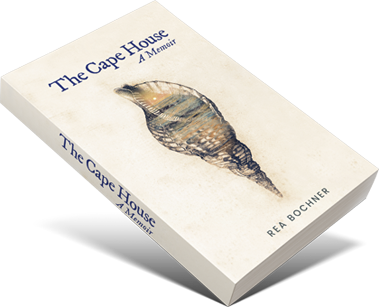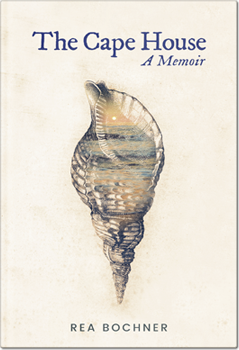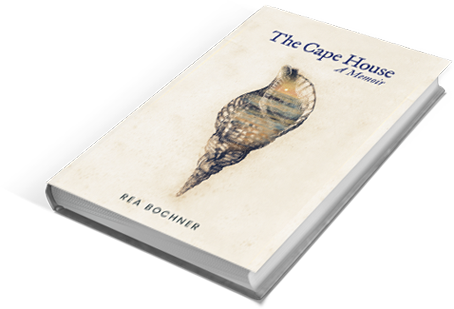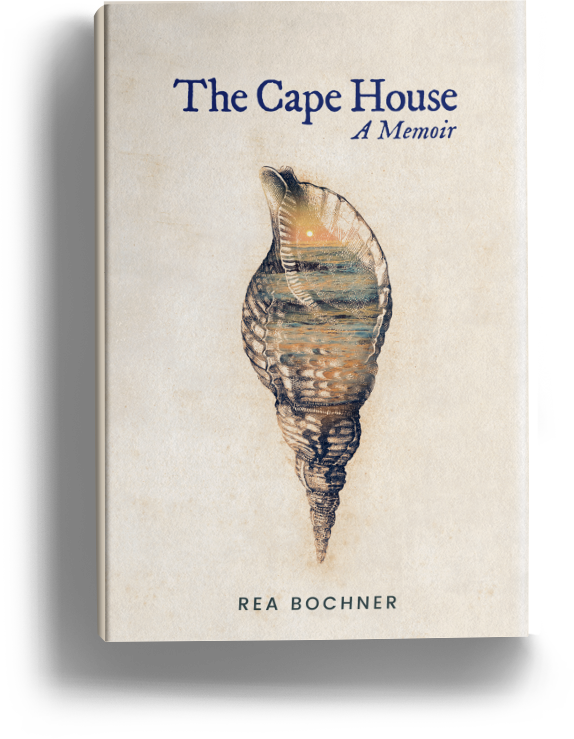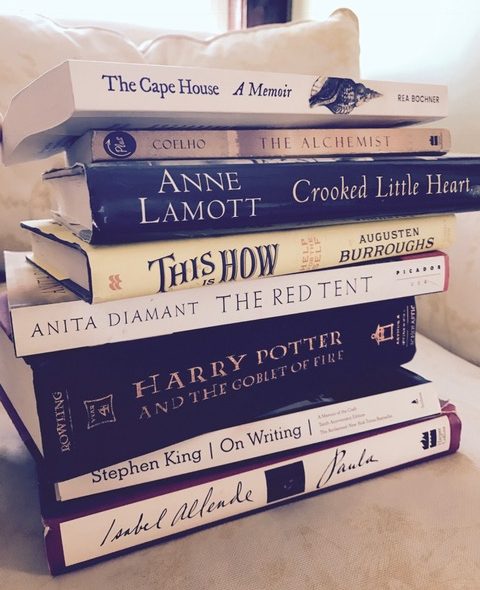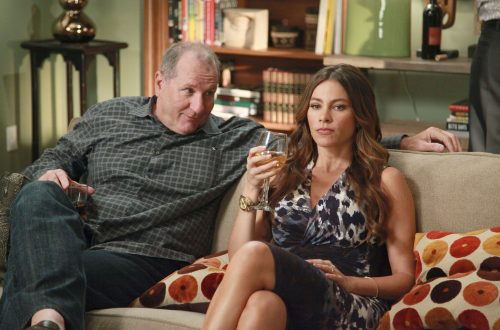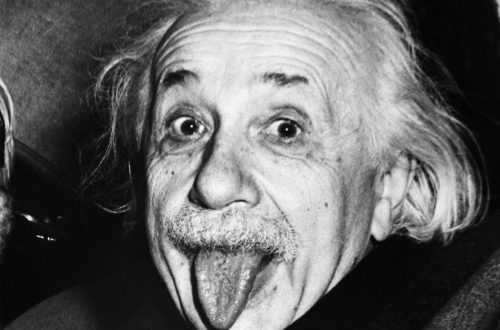A few years ago, my husband took the book draft I had just begun working on and sent it to a few of my favorite writers, not to get their promotion, but with the simple request that they reach out to me and encourage me to keep going. (Like many artists, I occasionally – read: always – wrestle with self-doubt. Luckily, my stubborn husband kicks me into action when I stall.) Only one of the writers responded: Anita Diamant, whose book, “The Red Tent”, has captivated me each of the dozen times I’ve read it. She sent me an autographed copy of “Day After Night”, then her newest book, with a handwritten card giving me her vote of confidence. It was thrilling. Aside from teaching me that a bestselling author could still be a mensch, it was a great example of how far a little encouragement will go. Because seven years later, I’m overwhelmed as I hold a copy of my first book, “The Cape House,” in my hands.
I know for a fact that every artist, from the amateur to the master, needs a boost of confidence. We question whether our work is worth the time and effort, whether it will touch people the way we intend it to. Sometimes, we wonder if we’re just kidding ourselves; perhaps everyone around us is too kind to confess that we’re not as talented as we think we are. For years, I let that fear stop me. But here’s something I’ve realized: creativity is not about the end result, or the response that end result receives. We create because that is what we are made to do. It’s not up to us to decide what effect our art engenders; our responsibility is simply to make it, then watch what happens. Sometimes, the ripples are far-reaching. Sometimes, the impact is more modest. Either way, it is a success, just because it exists.
I’d like to extend my thanks to Ms. Diamant, as well as a few other writers who weren’t afraid to let their imaginations roam on paper. They have provided me with a deep well of inspiration from which I draw daily. Isabel Allende taught me to engage the senses, and about the little, unforgettable details that bring characters to life. With his classic, “On Writing,” Stephen King showed me that writing doesn’t have to be tortured; it can actually be fun. Anne Lamott made it okay to tell the truth. Paolo Coelho translated the spirit into words. Herman Wouk was my paragon of research and plot, who used his characters to wrestle with the questions that fascinated him. JK Rowling reminded me that even the most fantastical stories need heart as their anchor. And Augusten Burroughs showed me how to turn pain into art. To all of them, and many more, I am eternally grateful.
To anyone who wishes to create, be it a book, a painting, an app, or a new kitchen gadget, I say go for it. Forget about how successful you’ll be or won’t be; the process of making it will give you more than you can imagine. Besides, you never know who, or what, you could inspire.
